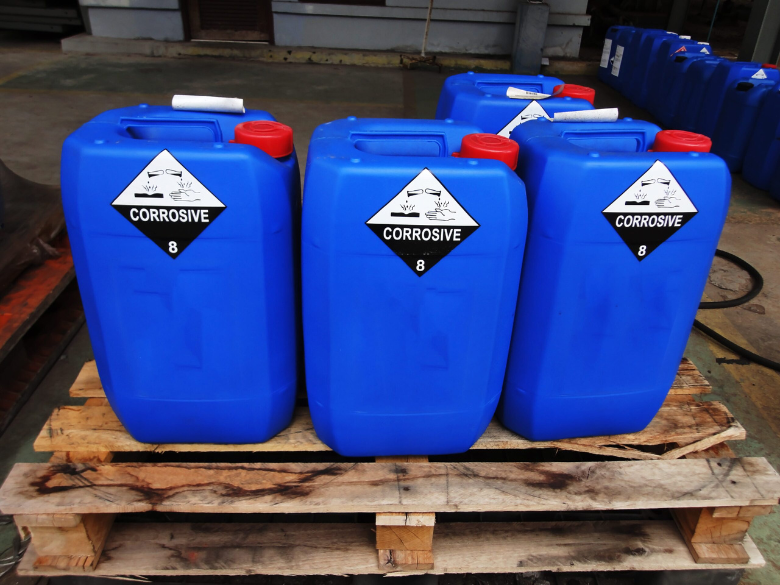Hazardous Substances
Jun 29, 2025

COSHH is a key regulation in the UK that helps protect workers and the environment from harmful substances. Managing these substances properly on-site is essential for everyone’s safety.
What are hazardous substances?
Hazardous substances can harm people or the environment. These include:
- Chemicals: Solvents, pesticides, and cleaning agents.
- Biological agents: Bacteria, viruses, and fungi that cause disease.
- Dusts: Wood dust, silica, and general dusts like gypsum.
- Fumes and vapors: From welding or chemical reactions.
Understanding what substances are present in your workplace is crucial for ensuring safety. If you use hazardous substances at work, you must store, use, transport, and dispose of them safely to reduce risks.
What is a hazardous substances register?
A hazardous substances register is a list of all dangerous substances (and hazardous waste) used, handled, or stored at your sites. It helps you:
- Track substances on-site.
- Follow safety measures.
- Know what to do in an emergency.
Keeping a COSHH register
While a COSHH register isn’t legally required, it’s a helpful tool. It’s not the same as a COSHH assessment (more on this below) but lists the substances you’ve assessed, including:
- The substance’s name.
- A current safety data sheet (SDS), which gives details on handling, storage, and emergencies.
- Where it’s stored and any specific storage requirements.
Review your register regularly to keep it accurate and up to date.
How to create a COSHH register
HazardCo members can use the Hazardous Substances Register template in the HazardCo Hub to make this process simple.
What is a Safety Data Sheet (SDS)?
An SDS provides important details about hazardous substances, such as:
- Product name, ingredients, and properties.
- Manufacturer or importer details.
- Health risks and safe handling instructions.
- Emergency response measures.
It’s the business owner’s responsibility to keep SDSs updated and ensure workers can access them.
COSHH assessments
COSHH assessments are legally required for any hazardous substances. These assessments evaluate risks and outline control measures. Here’s how to do one:
- Identify hazards: Know which substances are hazardous and how they can affect health.
- Evaluate risks: Check exposure levels and potential health effects.
- Implement controls: Use measures like PPE, ventilation, or alternative substances to reduce exposure.
- Monitor and review: Regularly update the assessment and controls.
Need help?
If you need support with your hazardous substances register or want more information, contact the friendly HazardCo team – we’re here to help!



